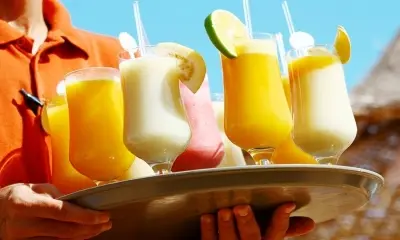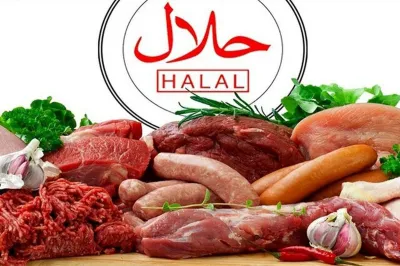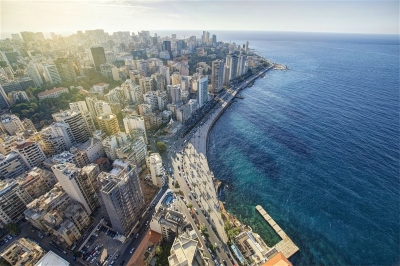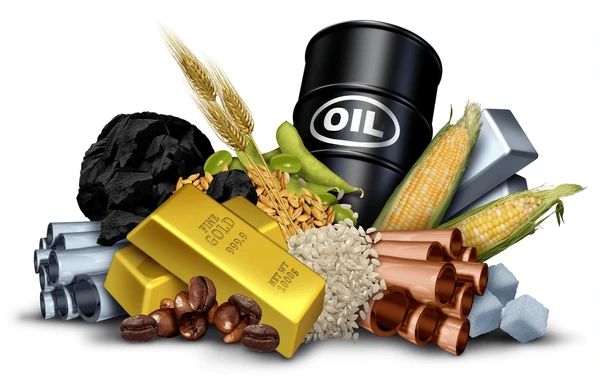Drinks trade in Lebanon - Exporting drinks to Lebanon
- Anbar Asia
- Trade with Lebanon
- Lebanon's Food market
- Drinks trade in Lebanon
- Lebanon
 كل انواع الاحجار الكريمهRuby, Diamond, Emerald
كل انواع الاحجار الكريمهRuby, Diamond, Emerald - Lebanon
 معدن بلاتينيوم خامChromite
معدن بلاتينيوم خامChromite - Lebanon
 احجار كريمه. ونيازكAgate, Diamond, Meteorite
احجار كريمه. ونيازكAgate, Diamond, Meteorite - Lebanon
 حجر نيزكي قمري وزنه ٣٨٠،٦٩غرامMeteorite
حجر نيزكي قمري وزنه ٣٨٠،٦٩غرامMeteorite - Lebanon
 الرخام و الجرانيتGranite, Marble
الرخام و الجرانيتGranite, Marble - Lebanon
 حجر جميلTea And Coffee
حجر جميلTea And Coffee - Lebanon
 حجر نيزكMeteorite
حجر نيزكMeteorite  ali6 months agoLebanon
ali6 months agoLebanon n_methylformamide (NMF) CAS.123-39-7Detergent, Ethylene, Acrylonitrile Butadiene Styrene
n_methylformamide (NMF) CAS.123-39-7Detergent, Ethylene, Acrylonitrile Butadiene Styrene- Lebanon
 فدكTurquoise, Ruby, Agate, Diamond, Lapis Lazuli, Amber, Topaz, Emerald, Jade, Charoite, Spinel, Chrysocolla, Pearl, Meteorite, Tanzanite, Fossil
فدكTurquoise, Ruby, Agate, Diamond, Lapis Lazuli, Amber, Topaz, Emerald, Jade, Charoite, Spinel, Chrysocolla, Pearl, Meteorite, Tanzanite, Fossil - Lebanon
 نيزكMeteorite
نيزكMeteorite - Lebanon
 لؤلؤPearl
لؤلؤPearl - Lebanon
 حجر كريمهMeteorite
حجر كريمهMeteorite - Lebanon

 MeteoriteHematite
MeteoriteHematite - Lebanon
 احجار كريمةTurquoise
احجار كريمةTurquoise - Lebanon
 حجر الكهرمان (خام)Amber
حجر الكهرمان (خام)Amber - Lebanon
 احجار كريمة من لبنانRuby, Topaz
احجار كريمة من لبنانRuby, Topaz - Lebanon
 نيزك
نيزك



 ترست3 months ago
ترست3 months ago كل انواع الاحجار الكريمهRuby, Diamond, Emerald
كل انواع الاحجار الكريمهRuby, Diamond, Emerald هاشم عقيل3 months ago
هاشم عقيل3 months ago معدن بلاتينيوم خامChromite
معدن بلاتينيوم خامChromite فردي4 months ago
فردي4 months ago احجار كريمه. ونيازكAgate, Diamond, Meteorite
احجار كريمه. ونيازكAgate, Diamond, Meteorite عباس النمر5 months ago
عباس النمر5 months ago حجر نيزكي قمري وزنه ٣٨٠،٦٩غرامMeteorite
حجر نيزكي قمري وزنه ٣٨٠،٦٩غرامMeteorite الفادي ماربل elfady marble5 months ago
الفادي ماربل elfady marble5 months ago الرخام و الجرانيتGranite, Marble
الرخام و الجرانيتGranite, Marble SKER6 months ago
SKER6 months ago حجر جميلTea And Coffee
حجر جميلTea And Coffee اللورد6 months ago
اللورد6 months ago حجر نيزكMeteorite
حجر نيزكMeteorite ali6 months ago
ali6 months ago n_methylformamide (NMF) CAS.123-39-7Detergent, Ethylene, Acrylonitrile Butadiene Styrene
n_methylformamide (NMF) CAS.123-39-7Detergent, Ethylene, Acrylonitrile Butadiene Styrene قاسم عبدالله7 months ago
قاسم عبدالله7 months ago فدكTurquoise, Ruby, Agate, Diamond, Lapis Lazuli, Amber, Topaz, Emerald, Jade, Charoite, Spinel, Chrysocolla, Pearl, Meteorite, Tanzanite, Fossil
فدكTurquoise, Ruby, Agate, Diamond, Lapis Lazuli, Amber, Topaz, Emerald, Jade, Charoite, Spinel, Chrysocolla, Pearl, Meteorite, Tanzanite, Fossil محمود7 months ago
محمود7 months ago نيزكMeteorite
نيزكMeteorite محمود8 months ago
محمود8 months ago لؤلؤPearl
لؤلؤPearl علي العلي9 months ago
علي العلي9 months ago حجر كريمهMeteorite
حجر كريمهMeteorite Andre atikian9 months ago
Andre atikian9 months ago
 MeteoriteHematite
MeteoriteHematite محمود العلي10 months ago
محمود العلي10 months ago احجار كريمةTurquoise
احجار كريمةTurquoise حسين تليجة10 months ago
حسين تليجة10 months ago حجر الكهرمان (خام)Amber
حجر الكهرمان (خام)Amber رامي مارون10 months ago
رامي مارون10 months ago احجار كريمة من لبنانRuby, Topaz
احجار كريمة من لبنانRuby, Topaz Saade cheaib12 months ago
Saade cheaib12 months ago نيزك
نيزك











